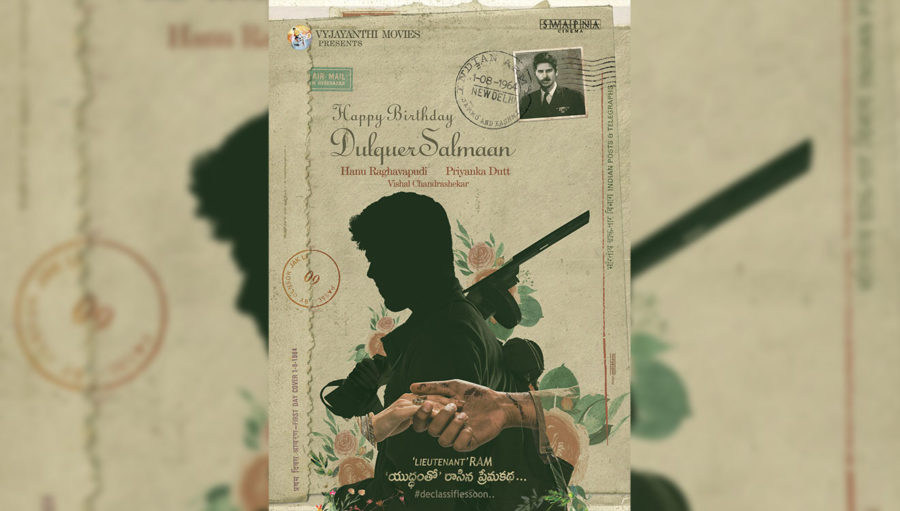Director: Anuraj Manohar
Cast: Ann Sheetal, Shane Nigam, Shine Chacko, Jaffer Idukki
Spoiler alert.
In debutante director Anuraj Monohar’s Ishq, a young couple’s first nocturnal adventure – a secretive drive through the city’s roads until the dawn to celebrate her birthday – is disrupted by two moral-policing strangers. The latter, who introduce themselves as cops of the local police station, force themselves into the car and start harassing the terrified and mortified couple. When he tries to resist, they threaten to parade him and her in front of the town. In a society where love and sex are words used only furtively, and expression of sexual desires is taboo, the couple see no better option than to submit to the aggressors.
The film’s portrayal of young love in its opening sequences is subtle and relatable. The phone conversations between the couple, Sachi (Shane Nigam) and Vasudha (Ann Sheetal), about everything and nothing, are well-written. You feel the butterflies in their belly as they make the plan to spend a day and night together. When she is around, he suddenly turns into a responsible adult, unlike the child he is in his usual surroundings. In his milieu, men are the owners and protectors of their women.
Ishq closely follows the footsteps of Sanal Kumar Sasidharan’s Sexy Durga and to an extent, Amal Neerad’s Varathan (an unofficial adaptation of Sam Peckinpah’s Straw Dogs) in its depiction of the public trespassing into the private space of two lovers. Clues are thrown in very often that the strangers (Shine Tom Chacko and Jaffer Idukki), might not be police men at all, but that doesn’t even slightly empower Sachi to fight them back. He understands that in front of the society, their harmless amatory meeting would amount to a more severe crime than the violent aggression the strangers are subjecting them to. He offers to give them all the money he has, and pleads to leave him and Vasudha unhurt. Soon the younger and more menacing of the strangers, Alvin (Shine), gets into the backseat of the car, beside the woman. When the two men start to crack jokes loaded with sexual innuendoes, the camera fixes itself on Sachi whose male pride undergoes the harshest test of his life.
The long-winded first half of Ishq, where Sachi is caught between a sense of mortal fear and his responsibility to protect Vasudha who is nervously perched in the backseat of the car, is eerily similar to what Sexy Durga’s Kabir undergoes. Scenes of similar tone are played again and again to an extent you forget how it all started. The night and the couple’s ordeal seem to go on without an end, so does the film. What else is similar between these films is the choice they make to reduce their female protagonist, whose body and ‘honour’ are the holy grail in the narrative, into a voiceless entity. In some shots, she is a literal blur. Vasudha is very much present inside the car, witnessing the conversations and negotiations going on between the men, but she is mute and brutally obfuscated. This approach repeats in the second half too, where the film goes from ordinary to the realm of filmy heroism with Sachi taking revenge against the harassers.
Narrating the story of sexual harassment, transgression and vengeance from the perspective of the male companion of the victim isn’t always a wrong idea. Asghar Farhadi’s Oscar-winning The Sales Man put its male protagonist, who takes it upon himself the responsibility to avenge the sexual assault that his wife underwent, on a trial. Farhadi uses the woman’s lack of voice in the narrative to make an important point on the society. The husband gets the revenge, but what about her wounds?
Ishq might have wanted to accomplish something akin to The Sales Man, but it gets the tone dangerously wrong. The claustrophobic former half illustrates and semi-celebrates the men being lecherous. You lose the count of close-up shots and mid-shots (some of them in slow-motion) to emphasise the menacing villainy of Alvin. The film’s portrayal of male chauvinism in the first half borders on sadism, and in the second half, it uses the same design all over again. Although this time Sachi is the harasser and Alvin’s clueless wife (Leona Lishoy as Maria) and little daughter are the victims. You see how the suffocating sadism becomes ‘heroism’. Sachi shoves around and sexually harasses Maria and her daughter in a way the gallery would enjoy it, and delivers the film’s biggest punchline in this sequence. Ishq gives its three male actors, Shane, Shine and Jaffer, the perfect opportunity to be seen and to show regardless of the subject in hand.
Recommended
The film has a know-all soundtrack, composed by Jakes Bejoy. The hip song featured in the morning after the fateful night, which acts as a narrative divider, doesn’t really reflect the mindsets of Sachi and Vasudha, but tells you of the uber-cool feminist commentary the film has in store. Same goes for the loud background score that follows the final scene of the film, when the director’s name appears on the screen in bright big red letters. The film is constantly aware of its coolness – it knows it is going to shatter a few ‘conventional’ views of morality in Malayali society – and this knowledge overpowers its ability to narrate the story with honesty.
One could argue that the final two minutes of the film does justice to the woman, but that plays out like a juvenile sloganeering act. Sachi doesn’t get the girl at the end. But does it really matter? Men –inside the film and outside – got the fun and kick they were looking for.
*****
The Ishq review is a Silverscreen original article. It was not paid for or commissioned by anyone associated with the movie. Silverscreen.in and its writers do not have any commercial relationship with movies that are reviewed on the site.



